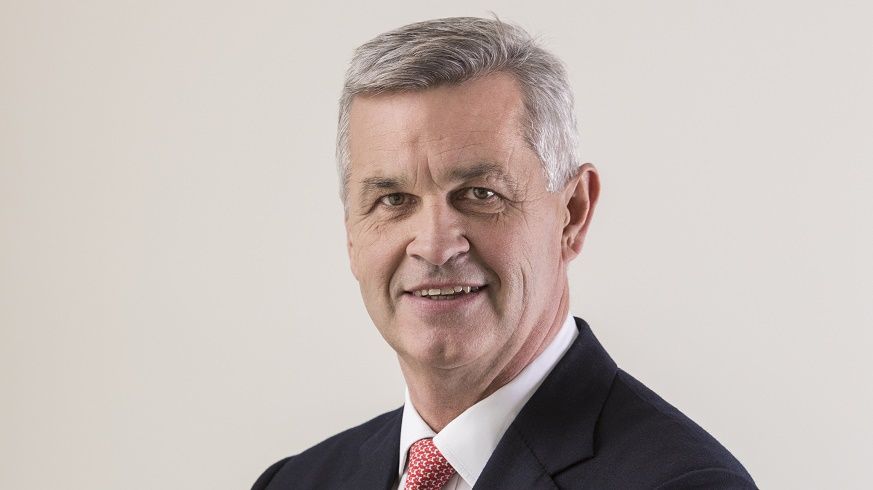As investors become increasingly interested in sustainable investment approaches, wealth management groups have responded. ESG Clarity caught up with LGT Vestra’s chairman, David Scott to ask about his company’s approach…
Q: How would you describe your approach to sustainable investing?
We have always tried to look at investment as not just the financial return, but to make sure that money is actually doing what a person wants it to do. There can be a whole range of emotional elements attached to the management of wealth which can often be neglected in the pursuit of numbers. It boils down to what do you do with your money? Do you want to hand it down to your kids? Give it away to charity? There is often a balance between investment and philanthropy, so we have always looked at that quite carefully.
For the clients that want to feel they are investing their money in a more responsible manner, what can you do? Historically, negative ethical screening fell into two camps. Those who felt they must not have anything unethical, like tobacco, arms, etc, and those who didn’t want to exclude the investment, if it damaged their investment return.
We have tried to look at it from a more positive screening perspective, to ask what would you like to see? The difficulty is to try to gauge and measure that. The SDGs offer a format for you to crystallise your thinking, to do something about poverty or climate change or education. We want to invest in companies that have social responsibility and are conscious about their governance, society, sustainability and the environment.
For a lot of people, if they feel that companies are being responsibility governed, then they see this as a positive step forward, but you can have companies that are governed well, and look after the environment or society, but manufacture things which are at odds with building a sustainable world.
Q: Is it possible to quantify sustainability?
You have got a world where there is so much debate about what constitutes sustainability, What is ESG? What is impact? What is sustainable investing? If you were being very pure about it, there are many companies – like global conglomerates – where everything they do could be marketed as having a positive impact.
“The cockpit” was developed by LGT and we have been using it for about 18 months. The concept is that if you are discussing ESG with an individual client, the cockpit analyses some 6,000 securities which provides us with the holdings that each fund has, so you can get a weighting within the fund.
We would say these are the ESG / sustainability scores. Then we can have the conversation with the client and say this is how we have scored it. It is much easier to have that conversation with sustainability scores available.
Q: Who are the different clients to which ESG investing might appeal?
Communication to clients is very important, because we have a range of clients and their views vary from mild, to those who just want to be reasonably sensible with their money, right through to activists who are very impassioned about what they will and won’t have in their portfolios.
There is a lot of marketing going on and everybody is launching an ESG fund or a sustainable fund because it is the hot topic at the moment.
Q: What’s driving the new launches?
The big asset management houses will look at it as an opportunity to distribute more product, because it is being talked about and driven by the millennials, but I don’t think that is wholly true. Post the financial crisis, people started to ask whether it was really right that all the big global banks made this huge about of money but nearly blew the world up. That started a lot of thinking. A lot of what I would call middle England didn’t previously focus on that. They were neither impassioned about it or associated with it. In my view, the financial crisis triggered a thought process that considered this pursuit of profit at all costs – especially short term profit – and asked whether we should be looking at this a bit further?
There are a lot of funds being launched just to jump on the bandwagon. You can argue, if that is 5% down the road we all want to go down, then that is an improvement. We are on the right journey as an industry and to a certain extent if even the bigger firms launch these funds without any passion or conviction, at least it is raising awareness among a wider group of people.
Q: How much power do investors have to shape the future behaviour of corporations?
If the only change is that people become more thoughtful about the implications of their decisions and they realise that their buying power has some degree of influence, I think the consumer will increasingly vote with their feet. You don’t have to treat your supply chain / employees like animals to maximise your profit. You can treat people very well. There is a lot of empirical data to support that.








